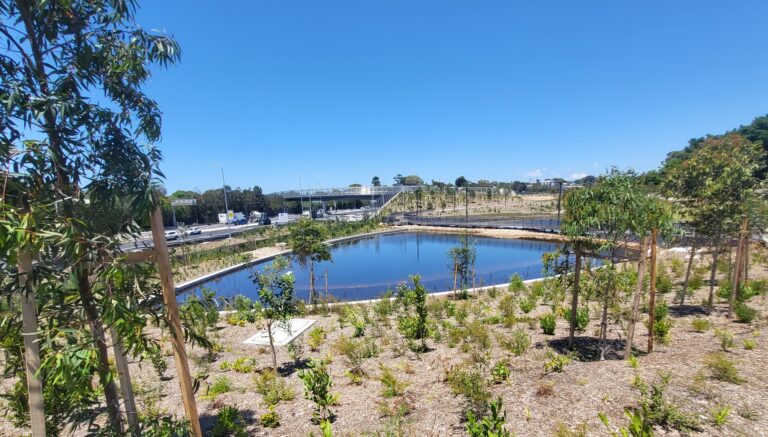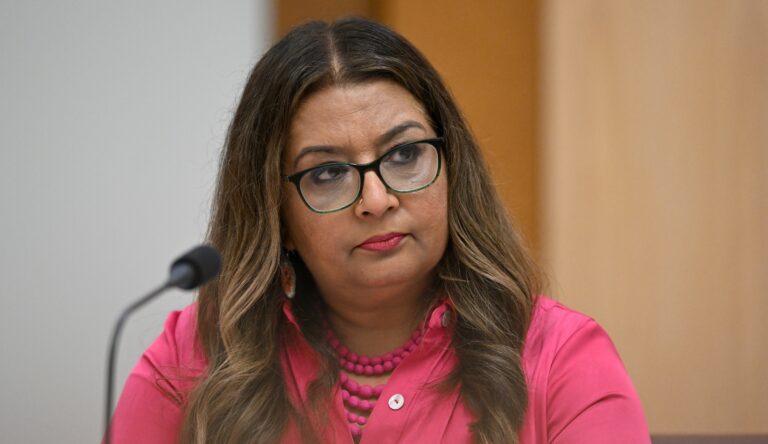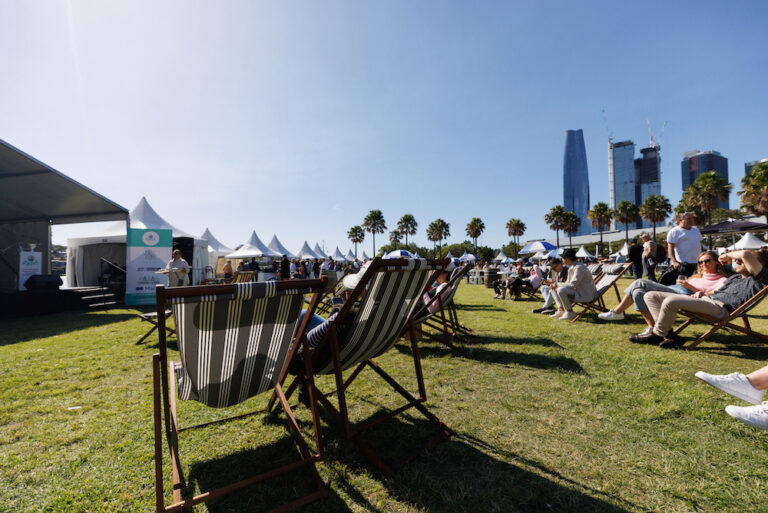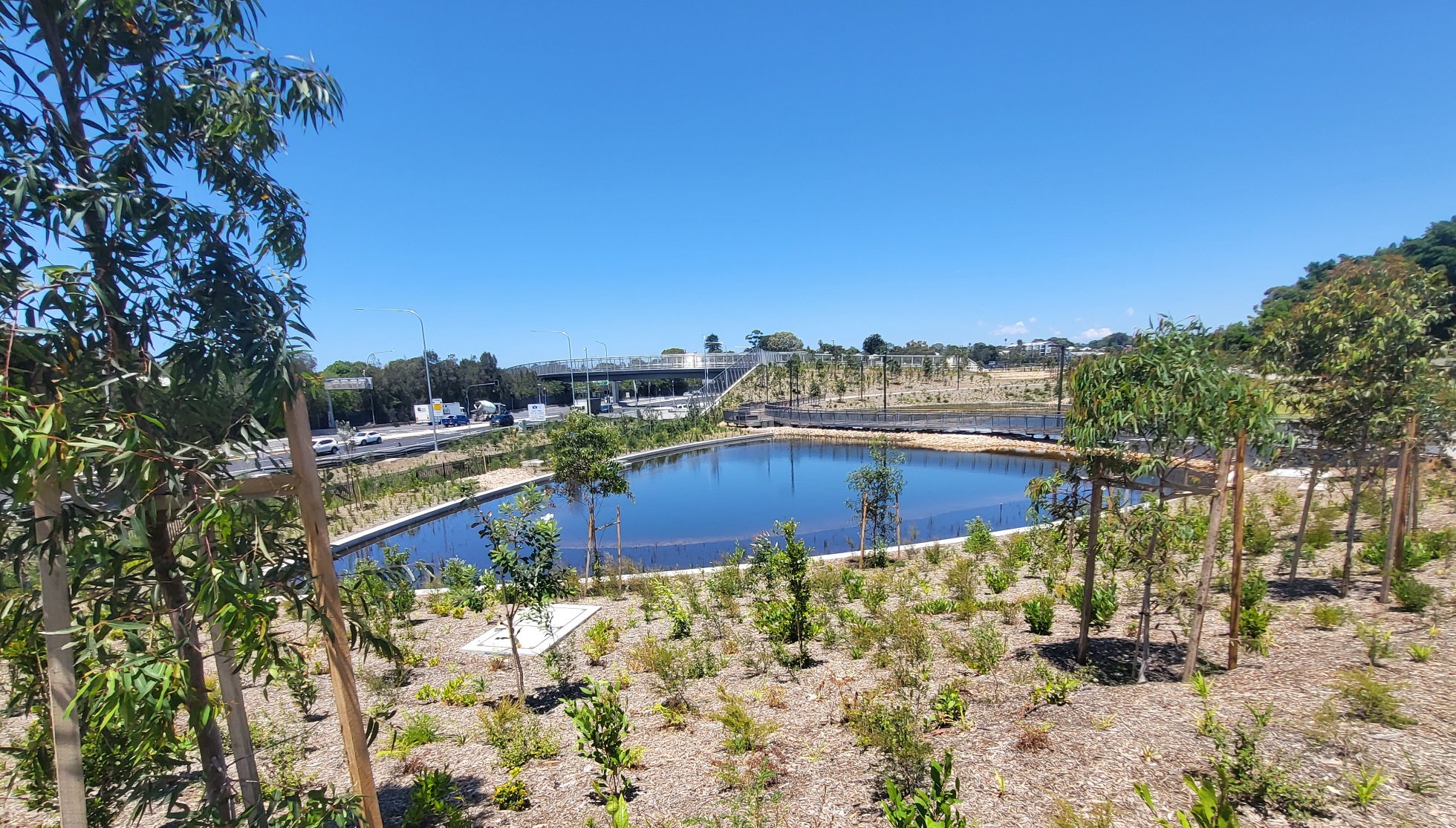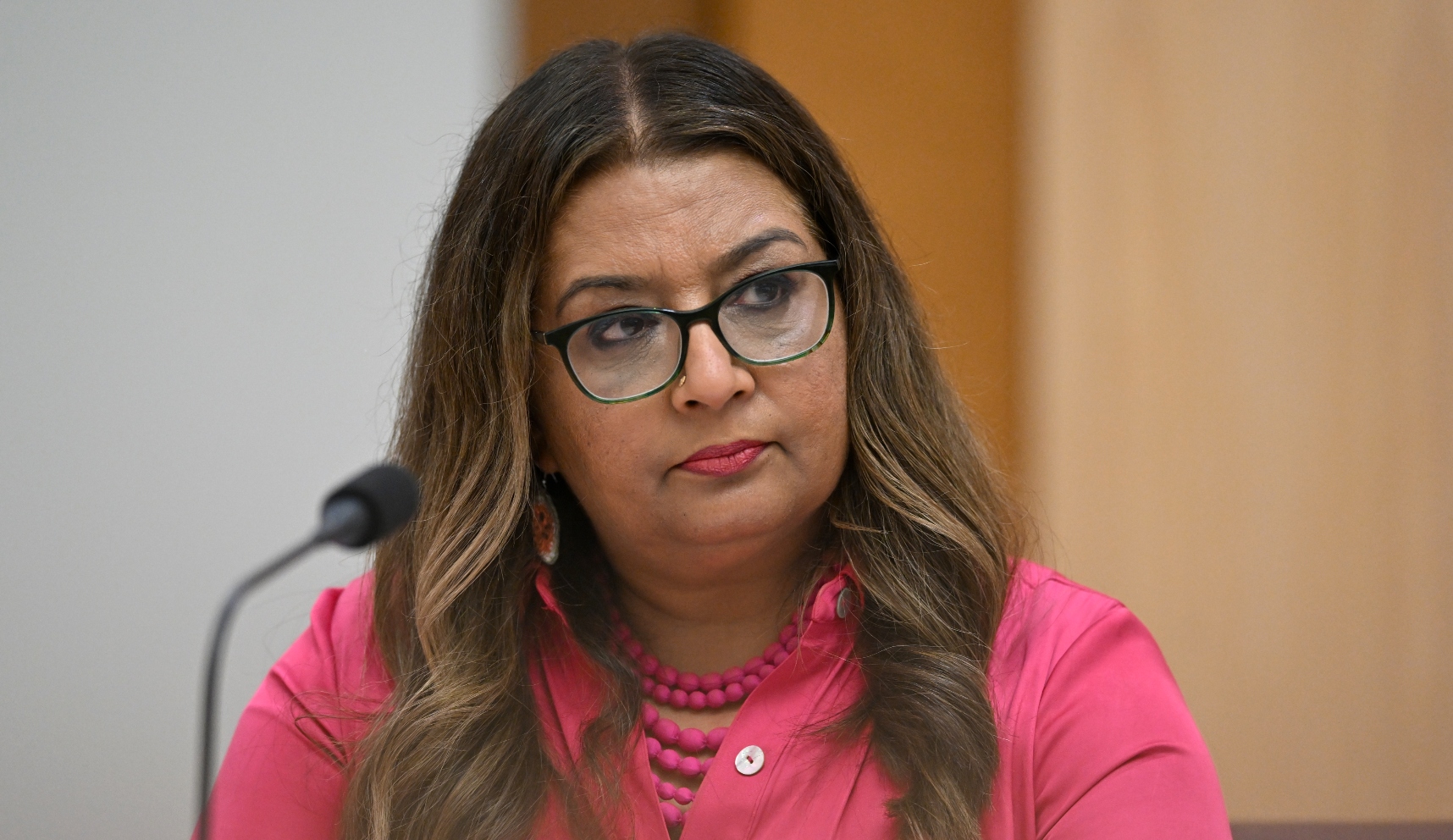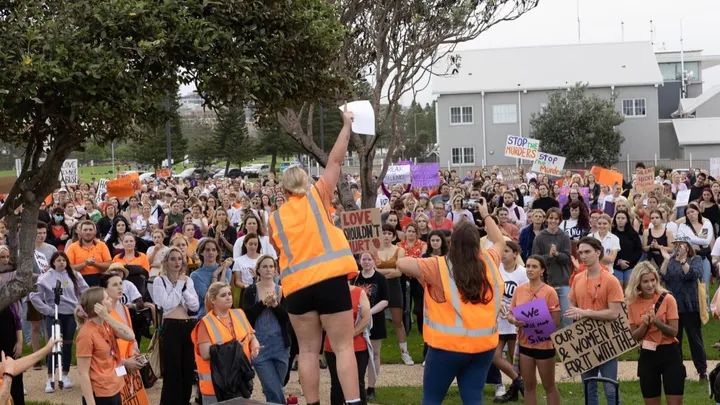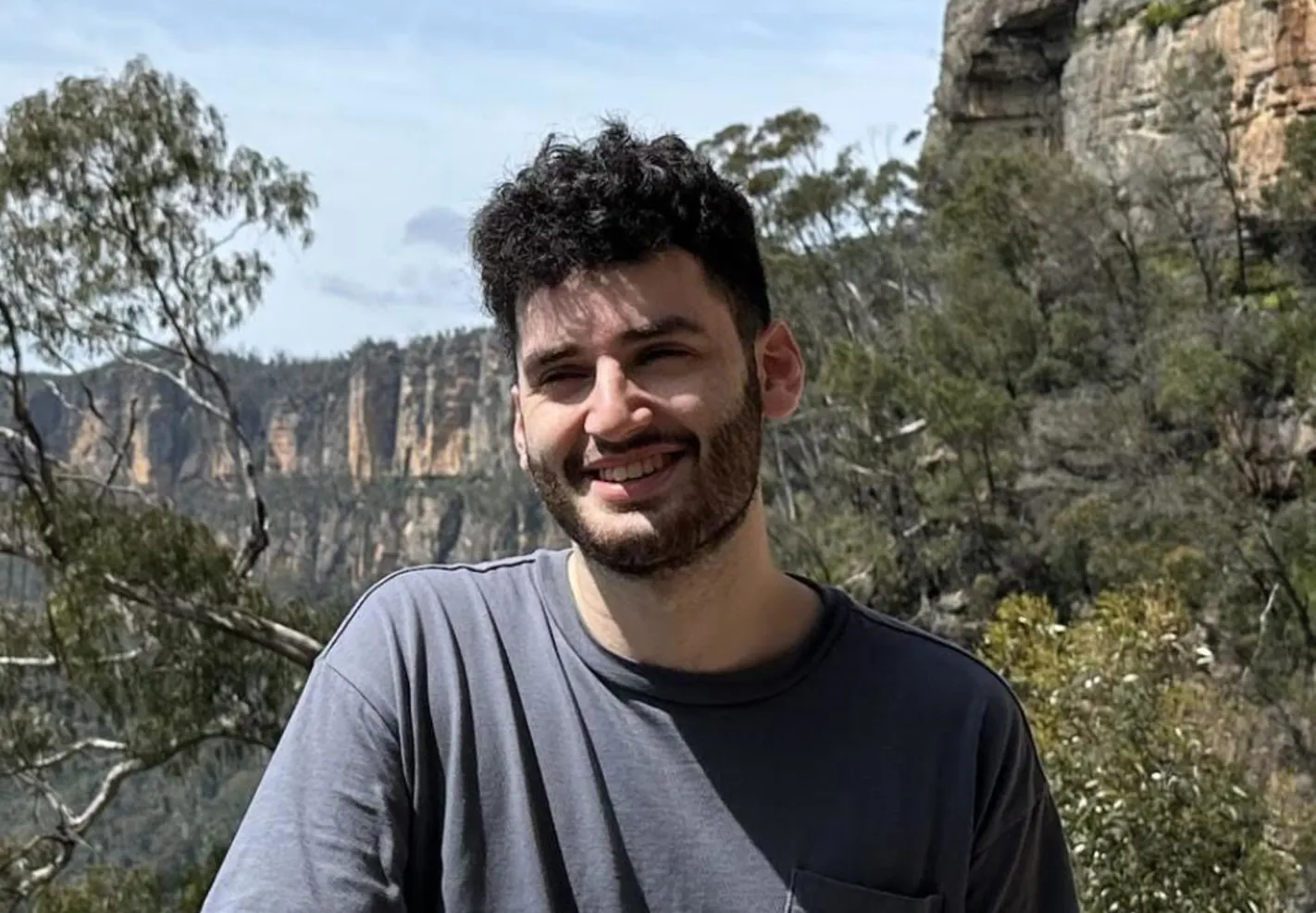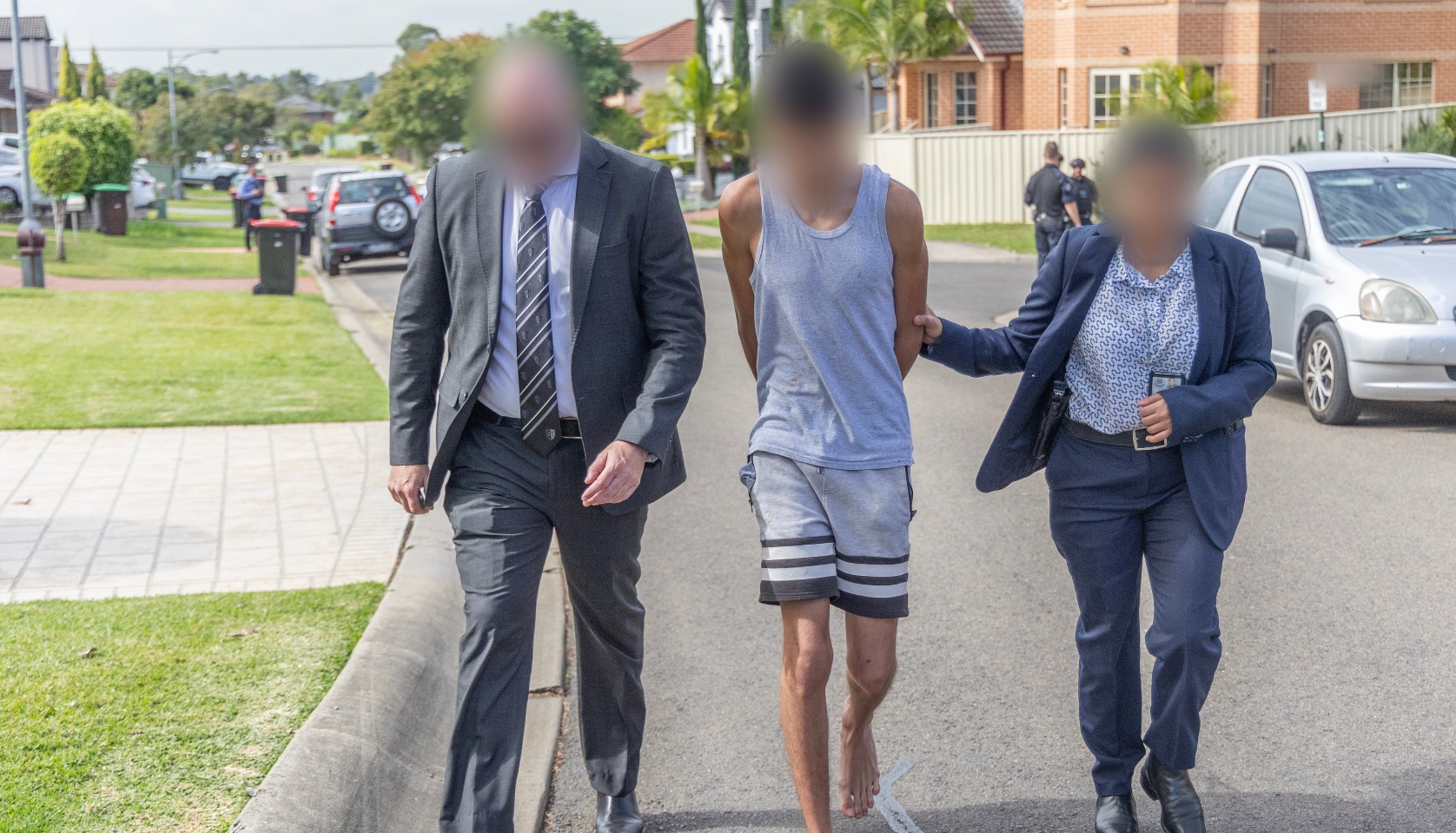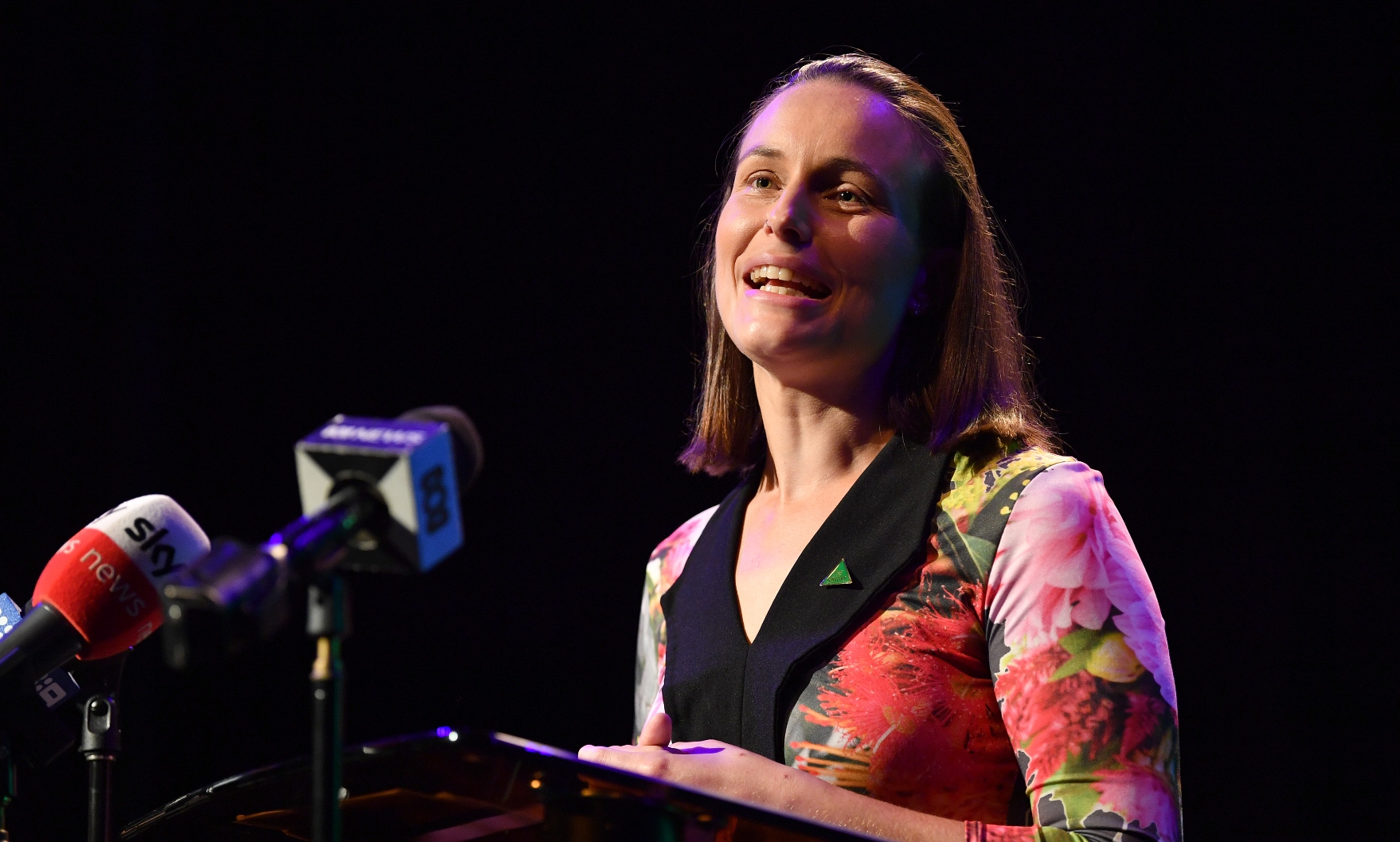
Inflated costs and political control: push to de-amalgamate Inner West Council
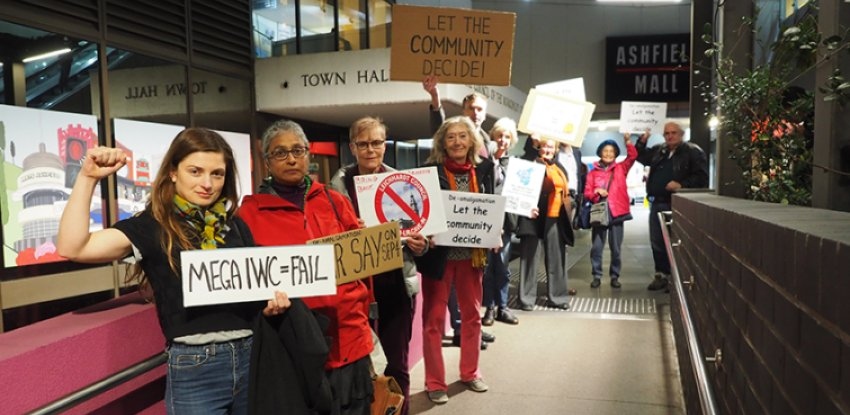
by GRACE JOHNSON
Under new controversial legislation introduced on February 6, local councils across NSW wanting to reverse their forced amalgamations will have to foot the bill.
The legislation creates a legal pathway for councils to de-amalgamate, requiring that they create a business case to be handed to the commission who would then make a report for the minister. The minister would then need to approve the case before it was taken to the people for a vote.
Minister for Local Government Ron Hoenig said the forced amalgamation of councils was “a failed and expensive experiment”, and that one of his main priorities as minister was to find “a way to remove the roadblocks posed by the existing demerger process, and give communities the opportunity to decide.”
“These amendments the Government has introduced provide a clear path forward for councils wishing to de-amalgamate, providing much more clarity for current and future proposals.”
But many have expressed their disappointment that councils will have to fund their own de-amalgamation after they were forced to merge in 2016 under the former Coalition government.
Dr Amanda Cohn, Greens MLC and spokesperson for Local Government, said, “Failed amalgamations were an expensive mess that the NSW Government created and they’re a mess that the state should be cleaning up.”
“Instead, proposed legislation takes councils one step forward legally but two steps back because of the financial burden it poses for them to fund their own de-amalgamation,” she continued.
“Impacted communities have already paid the cost for forced amalgamations through inefficiency, cuts to local services and weakened local democracy.”
President of LGNSW Cr Darriea Turley was even harsher in her criticism, saying, “It’s a cunning public relations exercise by the State Government so that it looks good in the eyes of ratepayers by agreeing to allow de-amalgamations, while at the same time knowing councils cannot foot the bill to carry them out.”
Forced amalgamations
The former Coalition’s decision to merge 44 councils across NSW in 2016 was met with extreme community backlash.
Then-Premier Mike Baird said that the amalgamations could save ratepayers $2 billion over 20 years, but many residents, especially in regional areas, were angered at the loss of local representation.
Issues important to residents of smaller local councils had to be sidelined in favour of the larger council they were forced to merge with.
Out of the 19 amalgamations that were forced to go ahead after much backflipping from the government, some mega-councils have pushed against their forced mergers, but for Inner West Council, the issue has remained as pertinent as ever.
The Inner West Council was formed by the NSW Government in 2016 by bringing together Ashfield, Leichhardt and Marrickville councils.
In December 2021, a non-binding poll was conducted, which saw the Inner West community vote to de-amalgamate the current council and revert back to three separate ones.
Labor tabled a rescission motion, arguing that council should wait for a cost-benefit analysis before deciding whether to give the community a say. The rescission motion, met with community protest (pictured), was defeated 10 to 5 as only Labor councillors tried blocking community involvement.
The result was carried with 62.5 per cent in favour from a 80.7 per cent turnout.
Following the vote, Inner West Council prepared a de-amalgamation business case and submitted it to the NSW Minister for Local Government – who is responsible for the final decision – in December 2022.
The business case was then referred to the NSW Boundaries Commission for assessment in January 2023. A public inquiry was held under section 263 of the Local Government Act 1993. Three sessions took place on 6 December 2023 at St Peters Town Hall.
The business case submitted by Council was prepared by Morrison Low (ML).
The commission engaged Deloitte to provide advice on the financial implications of the proposal. This analysis included a review of both the Council’s business case and an independent analysis of financial and other information from Council.
In January this year, the commission released a summary of key findings from the Deloitte’s analysis of the financial implications of demerging.
But one councillor has said that Deloittes ‘blindly’ accepted costs from Inner West Council, who have inflated the cost of demerger by over $100 million. Does the council really want to de-amalgamate? To this councillor, who has been pushing to demerge the council for years, the answer is no.
Inflated costs
Independent Councillor John Stamolis has long been critical of the merged Inner West Council, particularly of its Labor majority.
Regarding the Deloittes report, Cr Stamolis said the costs were “implausible” and proof that “Inner West Council continues to work behind the scenes against the community by taking every opportunity to grossly inflate the cost of the demerger.”
In correspondence with City Hub, Cr Stamolis said, “The report shows that Inner West Council says they will need 163 staff for 4 years at $26.5 million per year. That’s an average of $163,000 per staff member each year. They are certainly not back office and service staff at that price!”
The stated costs have seemingly deterred residents from supporting a demerger, an effect that recent legislation requiring local councils to foot the de-amalgamation bill will most likely exacerbate.
The Inner West community was consulted again in June 2022 on whether they did or did not support a de-amalgamation, but results were inconclusive.
53 per cent of telephone survey respondents said they would prefer Inner West Council to stay as it is, the key reasons being the financial impact of de-amalgamation and the efficiency of service delivery and management under the current council.
Of those that supported the de-amalgamation, respondents said that smaller council areas provide better management, services and facilities, and that the amalgamated council’s services have actually declined, one of the most recent issues being the FOGO bins.
Inner West Council did not reply to City Hub inquiries.
Labor’s response
In a statement, Cr Stamolis said, Inner West is a major power base for Labor and they have been desperate to kill off the demerger.
The independent councillor, who was a statistician and data analyst at the Australian Bureau of Statistics (ABS) for over forty years, said that only 11 of the 128 NSW councils are under majority control by a major political party.
“Inner West Labor do not want to lose their political control of a big inner-city Council,” he said.
“That’s why the 3 Labor Mayors of Ashfield, Leichhardt and Marrickville offered a merger proposal in 2016,” he continued. “No other inner-city Councils did.”
In response to a question referencing a loss of democracy in a Labor-dominated council, Labor Councillor Mark Drury laughed and told City Hub, “That’s an interesting view of democracy.”
“The way democracy works is that people get to have their say, then people vote, and then the majority vote carries the day.”
“We have debates and discussions on the Inner West Council,” he continued, “and all councillors have the right to have their say, but it’s just that the majority may not agree with them. If we don’t agree with the minority view, that doesn’t mean it’s not a democracy.”
The council recently came under fire after the Labor majority voted down a motion calling for a ceasefire in Gaza.
Susanne Martain, a long-time resident in the Inner West, said that the Inner West Council has long ignored community input.
“Labor is pushing their own policies,” she told City Hub. “They are not representing the community. We’ve lost local representation since the merger.”
“Ever since the 2021 poll, Council has been conducting local democracy groups and stalls, trying to pretend we’ve changed our minds about the demerger. It’s not correct.”
Ms Martain, who has a corporate background, also asserted that the Council’s data and numbers cannot be relied on.
“Demerger costs are grossly overstated and projections are inaccurate,” she said.
To compare, one-off costs for smaller rural councils are estimated by Deloittes to be around $4 million while bigger councils in Queensland are of the order of $10 million.
Peter Franks, the Transfer Manager responsible for the de-amalgamation of Noosa Council and the first CEO of the newly de-amalgamated Mareeba Council, said, “It is very difficult to accept that Inner West Council would need 163 additional staff at a very high average cost of $163,000 pa each over four years.”
Cr Drury further disagreed that there has been a push for Inner West Council to demerge, saying very few residents talk to him about the demerger.
“I know that there is a ginger group who think this is important,” he told City Hub. “There were not many submissions to the Boundaries Commission, and I don’t think it is a matter that most normal Inner West residents are engaged with.”
“I think most normal residents just want us to get on and provide quality goods and services within the council area.”
Ms Martain told City Hub that “every suburb and every ward voted in the majority to de-merge” and that the issue is still is important to that 62.5 per cent of the community.
“I guess I’m an abnormal resident then,” she said to City Hub. “As are thousands of others in the area.”

